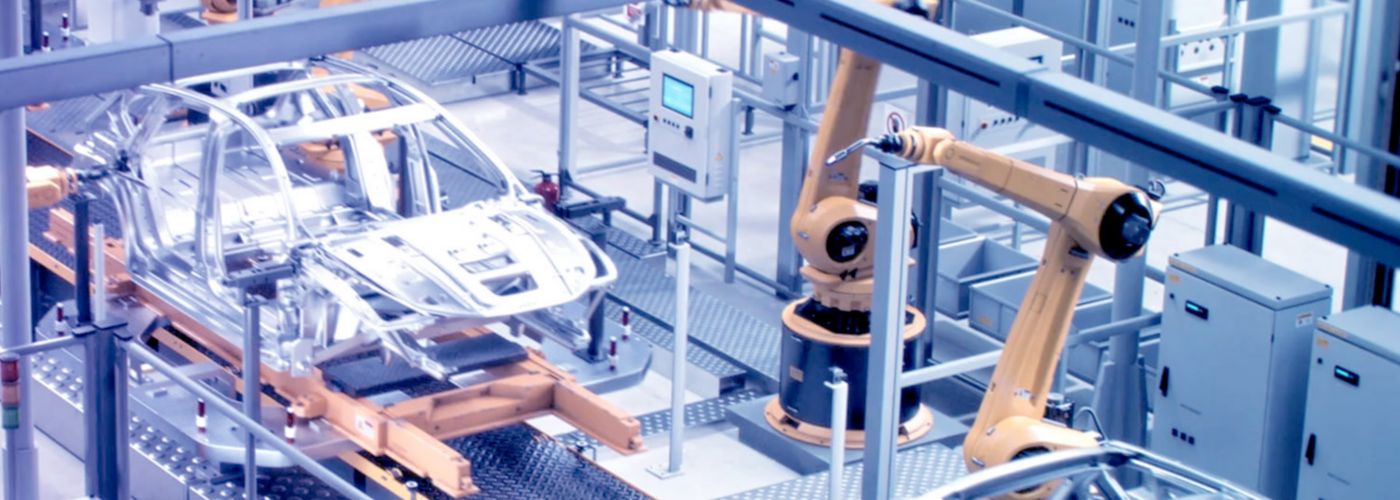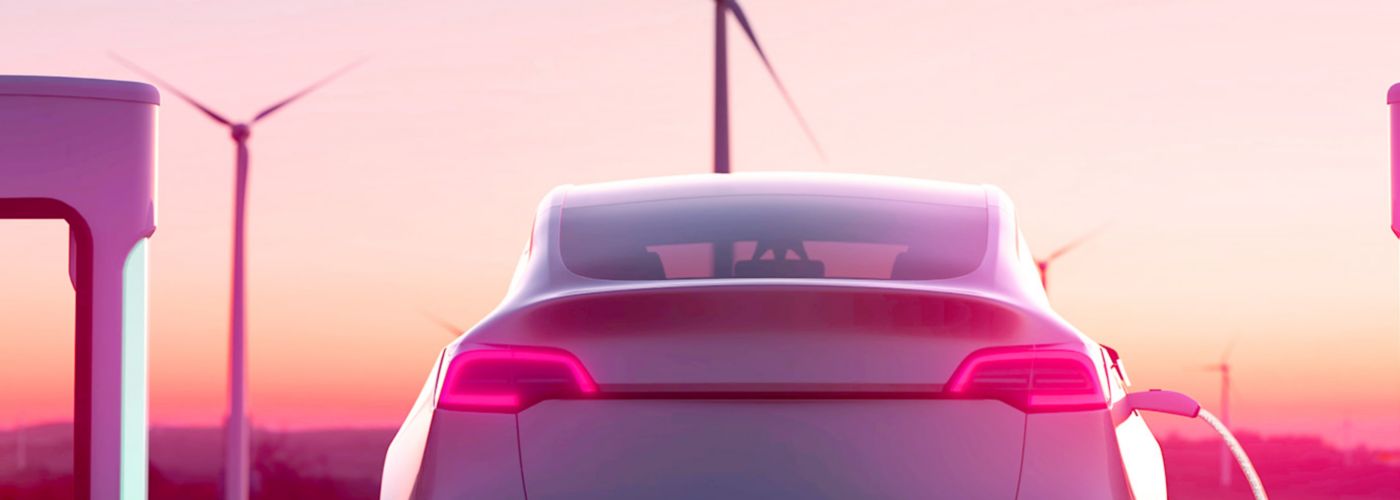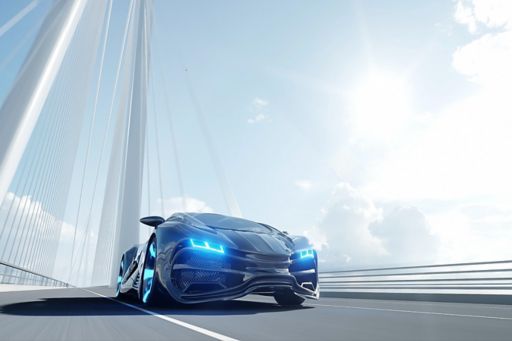The seeds of disruption
The Canadian and global auto sectors are being disrupted. Today, disruption is being driven by the shift to electric but soon it will be to vehicles that can drive themselves and eventually to ones that can fly.
What is less certain is the speed of the transformation, whether we have adequately factored in all the related impacts and if Canada will leverage its assets to run at the front of the pack or trail behind.

The drive to electric

In 2022, only two per cent of the nearly 27 million vehicles on Canadian roads are electric.

of new cars on Canadian roads will be electric vehicles

of new cars on Canadian roads will be electric vehicles

The federal government is calling for all new cars on the market to be zero-emission electric by 2035.
But Canada can be more than just a passenger on this journey. We have the ability to be in the driver's seat – to clean our environment, grow our economy across multiple sectors, and strengthen our aging infrastructure.
As Canadians increasingly make the switch to electric, what will it take for a greater share of those vehicles to be designed and manufactured here at home?
Canada’s transportation manufacturing sector has long been a key driver of our economy. We exported US$74.4 billion worth of automobiles, airplanes and related goods and parts in 2019, the last year before the pandemic.1 This represents over 17 per cent of total Canadian exports.
The country is the seventh largest exporter of cars in the world and cars are Canada’s second ranked export, trailing only crude petroleum.
Canada has the opportunity to grow further to be a global leader in EV development and manufacturing. But navigating this road will require coordination across many players – including manufacturing, infrastructure, energy, mining and real estate – sectors that all have much to give, and to gain from growing our EV capacity.
What the industry is thinking
In KPMG's 2021 survey of global auto executives, all expected the market share of EVs to grow dramatically by 2030...
...with most expecting it to be 50 per cent or more.
A driving factor in whether consumers go electric will depend on the ability of automakers to lower the cost of an EV. In that same survey, 73 per cent of executives expected EVs to reach cost parity with gas and diesel vehicles by 2030. A further 91 per cent believe governments need to provide direct subsidies to consumers to drive adoption until that parity is reached.

It is clear Canadians are increasingly interested in owning an EV
In KPMG's 2022 survey of consumer attitudes toward electrification:
71% of Canadians surveyed said they’d consider buying a pure electric vehicle as their next car
A second KPMG survey found that 51% said they would never buy a gas-powered vehicle again
While almost a third (30 per cent) regret not having bought an EV already
While these numbers are strong, it will require annual EV sales to climb more than 30 per cent in each of the next 13 years to hit the federal government’s 2035 target.
Achieving this sustained growth will depend on more than just lowering costs. Government along with the auto, energy, real estate and infrastructure sectors will need to work together to address lingering concerns over battery life/range, electricity supply and the availability of charging stations.
One of the things drivers today take for granted is the relative ease in finding sources to refuel their gas-powered vehicles.
But for EV drivers, that is not the case.
Currently there are about 17,000 public EV charging stations in Canada or roughly one charging station per 30 EVs. By 2026, we could have more than 1.3 million plug-in vehicles on the road, more than triple what we have today. To maintain the same ratio of chargers to vehicles would require building nearly another 30,000 new charging stations in the next four years.
Consumer research by KPMG found just over half of Canadians expect public charging stations to work quickly, saying they aren't willing to wait more than 20 minutes to refuel. One in five said they wouldn't wait any longer than five minutes.
The price tag to build all the needed public and home charging facilities, is upwards of $10.5 billion – which will require a much larger investment from government and the private sector than is currently on the table.
Cities will lead the charge
Three-quarters of Canadians live in large urban areas - and nearly half live in the country's six biggest urban centres of Toronto, Montreal, Vancouver, Ottawa, Calgary and Edmonton - so the successful transition to EVs may lie in the hands of city councils.
Municipalities will be challenged to implement EV charging standards into building codes for new commercial and residential developments, rethink transit fleets, invest in the electricity infrastructure and approve design and zoning changes to retrofit existing facilities from office towers to parking facilities to light standards.
Pressures on the power grid
The switch away from carbon fuels is expected to see electricity demand grow nearly 25 per cent by 2035. Coordinating large numbers of EVs with the power system presents a highly complex challenge. EVs introduce variable electrical loads that are highly dependent on customer behavior.
To meet this growing demand will require new investments in our electricity grid - and decisions will need to be made quickly to keep pace with the expected rapid increase in EV sales.

Canada's opportunity to lead
Canada has a unique opportunity to be a leader in the EV revolution. The shift to electrification won't just impact car makers and buyers - it will transform many sectors including infrastructure, energy, mining and real estate.
We have the building blocks for success, but we need to move quickly and in an integrated manner to fulfil that potential.
Canada, let's take the next step in that journey.










